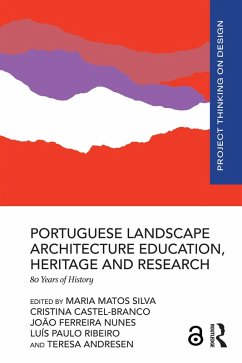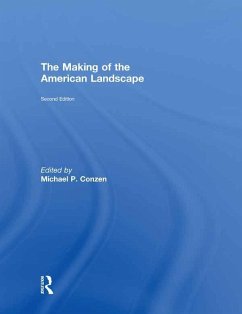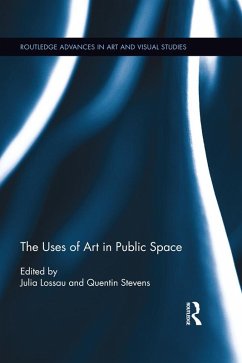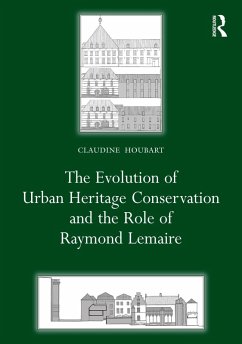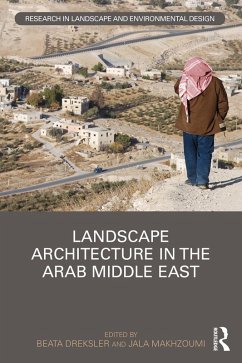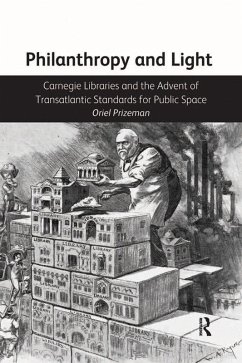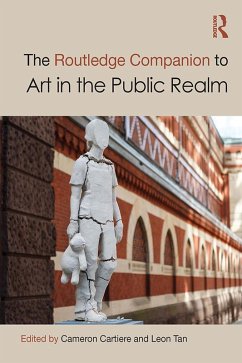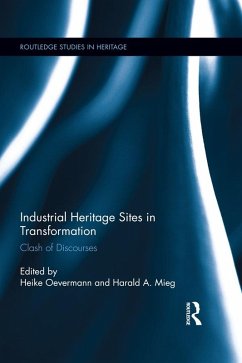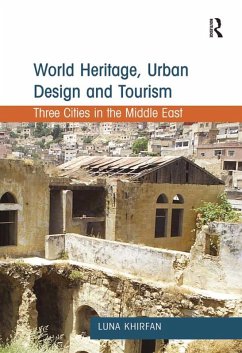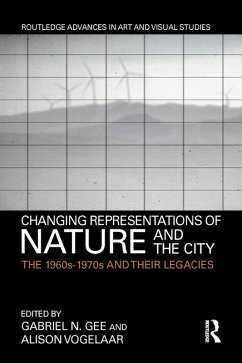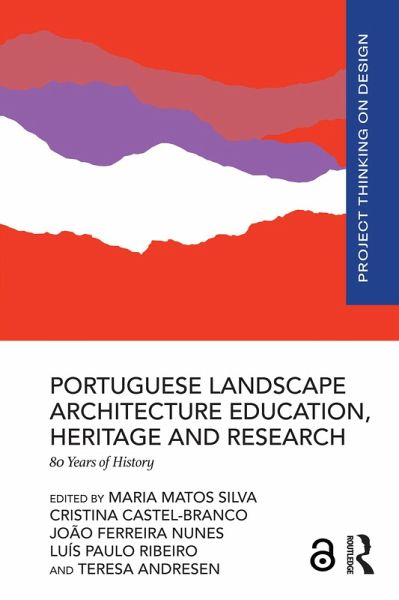
Portuguese Landscape Architecture Education, Heritage and Research (eBook, ePUB)
80 Years of History
Redaktion: Silva, Maria Matos; Andresen, Teresa; Ribeiro, Luís Paulo; Nunes, João Ferreira; Castel-Branco, Cristina
Versandkostenfrei!
Sofort per Download lieferbar
38,95 €
inkl. MwSt.
Weitere Ausgaben:

PAYBACK Punkte
19 °P sammeln!
In 2022, the Landscape Architecture course in Portugal celebrated 80 years of existence. This edited collection, Portuguese Landscape Architecture Education, Heritage and Research, commemorates this important milestone by bringing together some of the most respected names in Portuguese Landscape Architecture.Although the book's content is targeted at the assessment of the Portuguese history and influence, the themes under analysis are all-encompassing within the major fields, namely pedagogy; heritage; theory and methods; and design and landscape planning and management. The book seeks to addr...
In 2022, the Landscape Architecture course in Portugal celebrated 80 years of existence. This edited collection, Portuguese Landscape Architecture Education, Heritage and Research, commemorates this important milestone by bringing together some of the most respected names in Portuguese Landscape Architecture.
Although the book's content is targeted at the assessment of the Portuguese history and influence, the themes under analysis are all-encompassing within the major fields, namely pedagogy; heritage; theory and methods; and design and landscape planning and management. The book seeks to address several research questions, including
This book will be of interest to researchers and students, as it encompasses an extensive contribution to the field of Landscape Architecture studies, aiming to impact both on the theory and practice of the discipline.
Although the book's content is targeted at the assessment of the Portuguese history and influence, the themes under analysis are all-encompassing within the major fields, namely pedagogy; heritage; theory and methods; and design and landscape planning and management. The book seeks to address several research questions, including
- How has Landscape Architecture evolved in Portugal and how has it been revealed in the different disciplinary areas and educational institutions, particularly considering the great challenges of today?
- What legacy did Cabral, Sousa da Câmara and the first generation of landscape architects leave us that can be identified in the theory and practice of research projects, recent or ongoing, carried out by Portuguese landscape architects?
- How has the education, research and practice of Landscape Architecture in Portugal been influenced or reflected by the exchange of knowledge with other countries?
This book will be of interest to researchers and students, as it encompasses an extensive contribution to the field of Landscape Architecture studies, aiming to impact both on the theory and practice of the discipline.
Dieser Download kann aus rechtlichen Gründen nur mit Rechnungsadresse in A, B, BG, CY, CZ, D, DK, EW, E, FIN, F, GR, HR, H, IRL, I, LT, L, LR, M, NL, PL, P, R, S, SLO, SK ausgeliefert werden.




